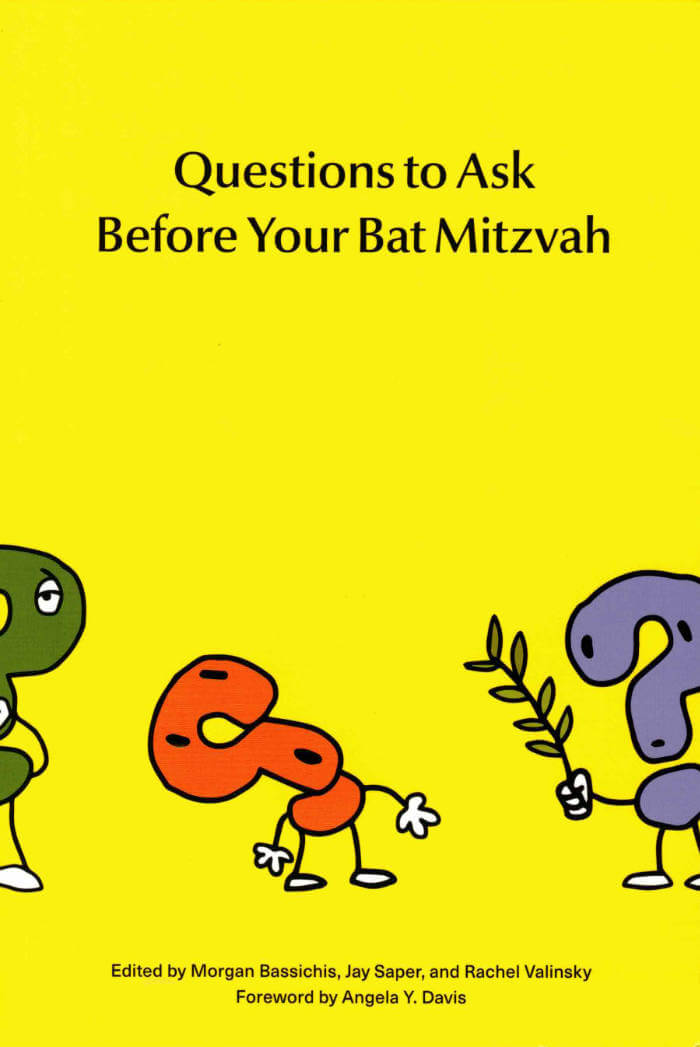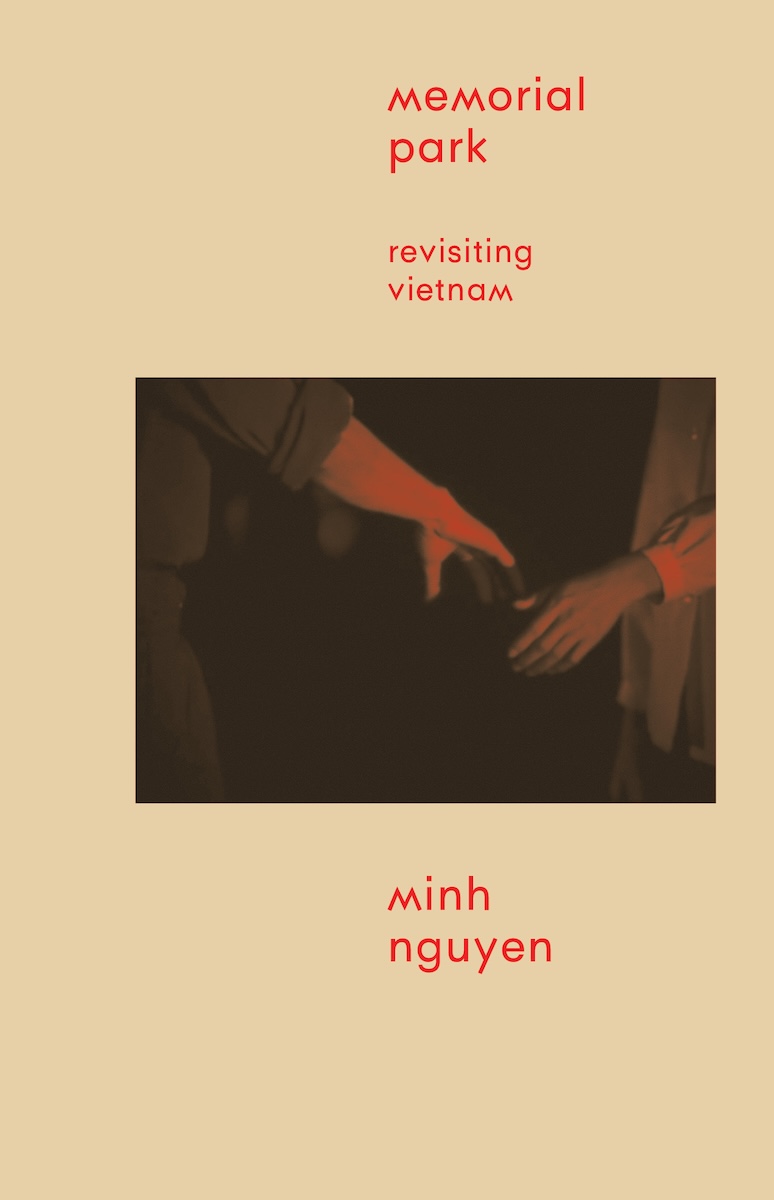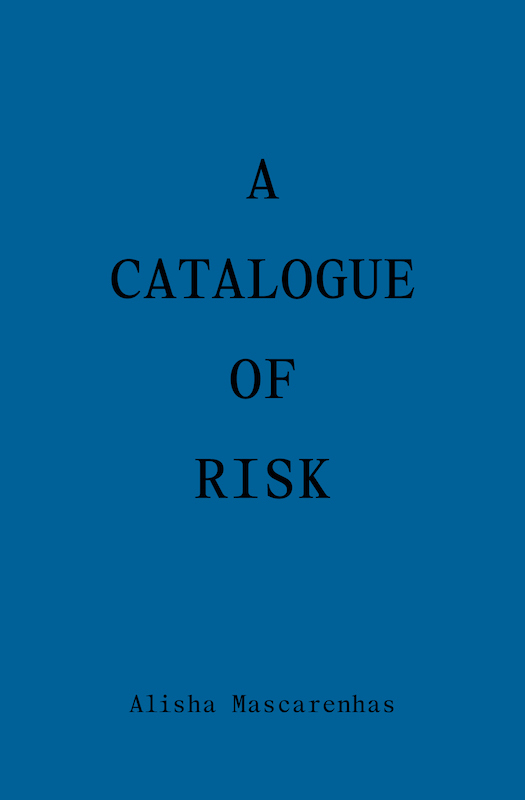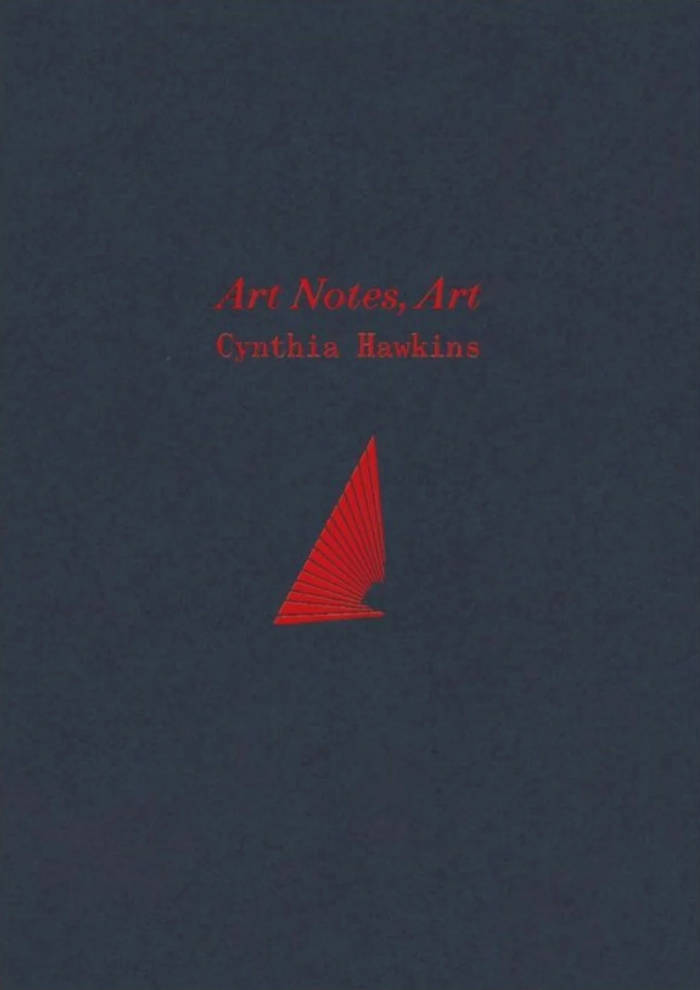Fifty years after the Fall of Saigon and twenty years after her family’s emigration to America, Minh Nguyen returns to her native Vietnam to find out what’s left of the old revolutionary project. In Memorial Park, a collection of essays pairing travelogue and criticism, Nguyen encounters relics of proletarian romance and vestiges of authoritarian control amid an evermore corporatized society. Along the way, she considers how contemporary artspeak confuses state censors, the rise of luxury “Smart Cities” as they supplant socialist housing complexes, and the enduring appeal of propaganda signs that once promised utopia.
Driven by a diasporic curiosity that seeks discovery over dwelling on loss, Memorial Park avoids nostalgic idealism or reflexive condemnation. Instead, Nguyen takes seriously the legacy of Vietnamese liberation by naming what it has become—and what it has not. What emerges is a complex picture of the country today and a reflection on how we inherit and reckon with radical histories that shape our world.
Minh Nguyen is a writer and curator based between New York City and Ho Chi Minh City. She is the curator of Dogma, a collection and gallery in Ho Chi Minh City focused on art and political graphics, and managing editor of e-flux journal. Her art and film criticism has appeared in publications such as Art in America, Artforum, e-flux, Momus, Mousse, and frieze, and she has curated exhibitions and programs at Wing Luke Museum, Northwest Film Forum, King Street Station, Gene Siskel Film Center, and Chicago Cultural Center. Formerly an instructor at Parsons School of Design—The New School, she has received a Warhol Arts Writers Grant, Fogo Island Arts Writing Award, and New York University’s Asia/Pacific/America Institute Visiting Scholar fellowship.
Vietnam is dissected under Minh Nguyen’s sharp scalpel. Attending to the unresolved pathologies of the past and the detours of the present, Memorial Park sketches the multiple faces of a country in full mutation. In turn lucid, sensitive, acerbic, and full of humor, this collection of essays mixes personal narrative, and social, cultural, and historical critique with discerning observations to interrogate what remains of that old dream of a communism that is “too good to be true.”
— Thuận, author of Chinatown and Elevator in Sài Gòn
What would it mean to “normalize” one of the most transformative conflicts of the Cold War in public consciousness? And how might the diasporic imaginary trouble such narratives, whether revolutionary or reactionary? Some five decades after the fall of Saigon, Minh Nguyen returns to her ancestral home to confront both the live and mediated reality of Vietnam on the ground—and elsewhere. In deeply poetic, incisive, and insightful reflections, she speaks to what is “hauntingly unassimilable” about the present tense of the American War.
— Pamela M. Lee, author of Think Tank Aesthetics
With confidence and measure, this thoughtful collection investigates culture in Vietnam in today’s so-called post-socialist context. Nguyen makes sense of the nation through the conjunction of what she was told by her parents as a diasporic kid growing up in America, and what she experiences when she returns to Vietnam as an adult. Her writing unfolds complex political histories and their ongoing implications for contemporary art and cultural practice, with unique attention to process and how research happens. This book takes the reader on a journey at the end of which everything is as it was, but different through her telling.
— Yaniya Lee, author of Selected Writing on Black Canadian Art








